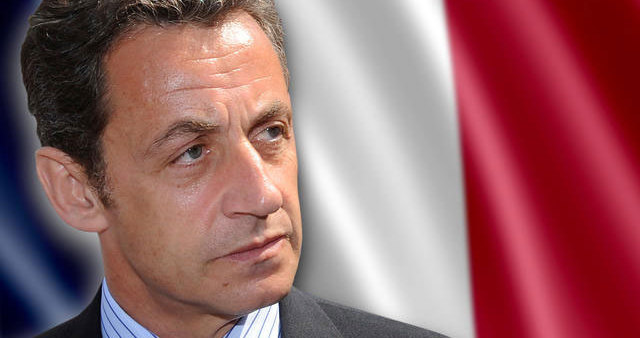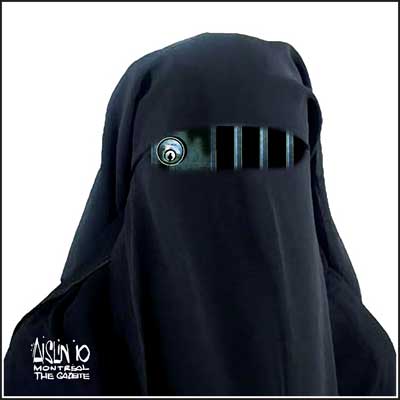MONTREAL — As demonstrations go, the small protest in front of the cathedral in Trois Rivières on International Women’s Day two weeks ago went almost unnoticed. About 20 demonstrators with handwritten placards called on the Quebec government to stop accommodating religious minorities like Muslim women who wear the niqab – a face veil with a slit for the eyes.
It’s time to stop tolerating religious practices “that pollute our society and deny the principle of equality between men and women,” said organizer Andréa Richard, 75, a former nun and author of two books harshly critical of organized religion. Richard called for a charter of “la laïcité” that would make Quebec an officially secular state.
Another demonstrator seconded the proposal: André Drouin, the former town councillor from Hérouxville – population 1,200 – whose 2007 bylaw banning the stoning of women sparked a furor over the accommodation of minorities and led to the Bouchard-Taylor Commission. “In Quebec, 85 per cent of people don’t want religious accommodation,” Drouin, 62, a retired engineer who has been promoting his views to audiences across Canada, said in an interview this week.
In the wake of revelations that a niqab-clad woman was expelled from a government French class for immigrants, Immigration Minister Yolande James has taken a hard line against the face veil and promised guidelines on the wearing of such religious symbols as the hijab (head scarf) by public employees.
But for secularism’s true believers, like Daniel Baril, an organizer of this week’s manifesto and former president of the Mouvement laïque québécois, such measures don’t go far enough. “Whether it is a kippa or a cross or a turban or a kirpan, public employees should not wear any religious sign, just as we don’t accept that public employees should be allowed to wear political emblems,” Baril said.
Such talk is alarming to Daniel Cere, a professor of religion and public policy at McGill University. “It’s almost like ideological apartheid. It’s a very denigrating attitude toward religion,” he said.
Daniel Weinstock, a philosophy professor at the Université de Montréal who holds the Canada Research Chair in Ethics and Political Philosophy, said that hard-line secularism tends to bolster the values of the majority at the expense of other groups. “It’s the minority’s religious symbols that keep getting targeted for special attention,” he said.
People notice visible signs of other religions but tend to overlook their own, like a Christmas tree in front of city hall, Weinstock said. Weinstock co-signed a pluralist manifesto in January that warned that talk of cracking down on all visible manifestations of religion is fanning anti-minority sentiments.
Cere agreed. “Bottom line, it’s a problem with a new religious community, which is Islam,” he said.
Montreal Gazette, 20 March 2010

 France is to ban the full Muslim veil to protect the dignity of women, President Sarkozy announced today.
France is to ban the full Muslim veil to protect the dignity of women, President Sarkozy announced today. An editorial cartoon in Friday’s Montreal Gazette is highlighting a
An editorial cartoon in Friday’s Montreal Gazette is highlighting a